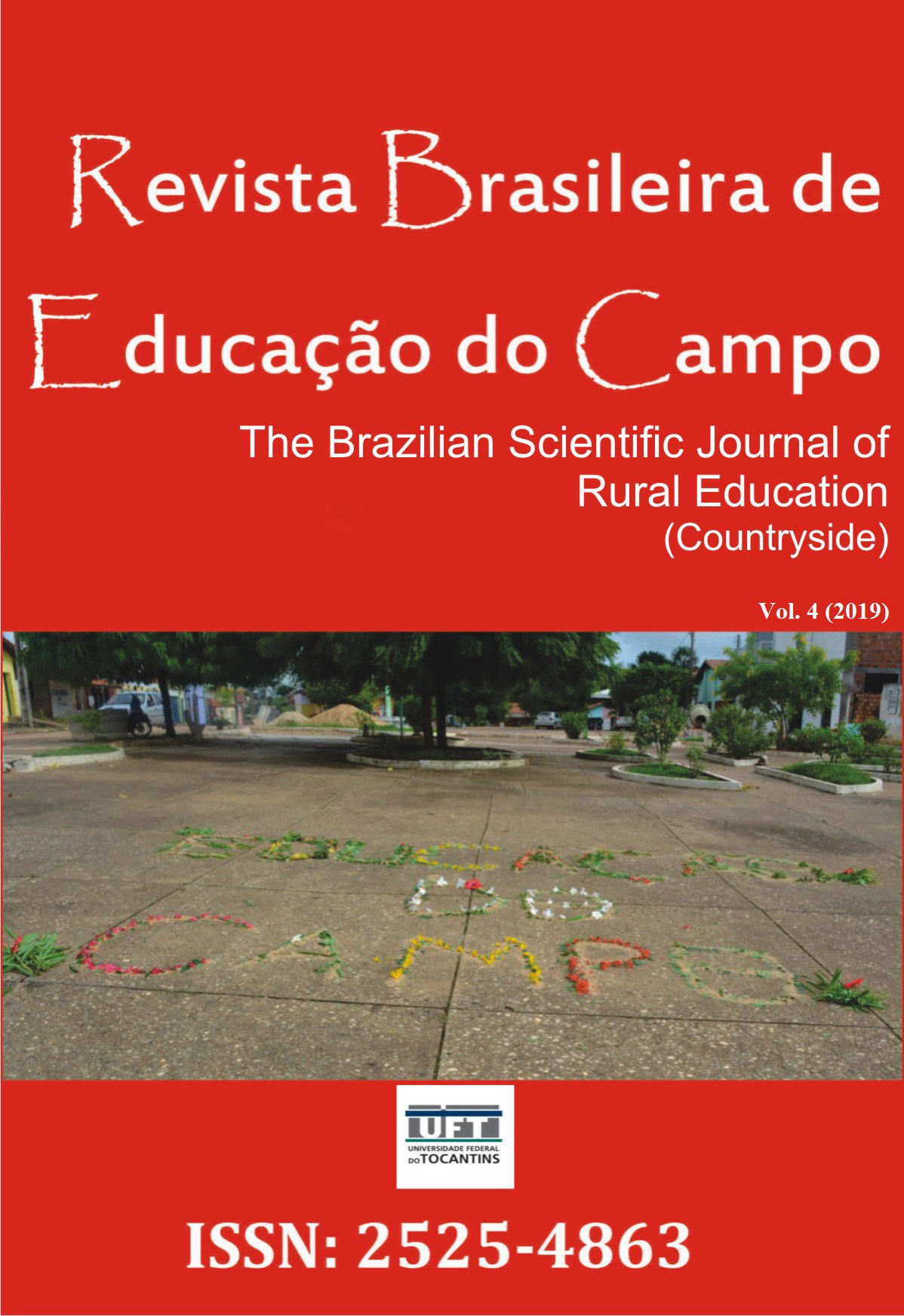Reflections about graduates of the Teaching Degree Course in Rural Education at the University of Brasília: elements for “Pedagogical (Action) Transformation” in Higher Education
DOI:
https://doi.org/10.20873/uft.rbec.v4e6291Abstract
ABSTRACT. This paper addresses the elements of pedagogical (action) transformation brought about by the Teaching Degree Course in Rural Education, in the last ten years, in Higher Education at the University of Brasília. This course is the result of a public policy implemented based on a pilot program carried out in this University. The research was performed adopting historical-dialectical materialism as an epistemology and method. Data collection was developed in two steps: in the first step, the following instruments were used: questionnaires and documentary research to describe the profile of graduates; and, in the second stage, action research and interviews, with students who were attending postgraduate studies, which resulted in notes of transformation elements in the materialization of the pedagogical reality, ranging from changes in the university’s physical structure to serve peasant subjects to the work epistemology adopted by graduates who took the course.
Downloads
Published
How to Cite
Issue
Section
License
Proposal for Copyright Notice Creative Commons
1. Policy Proposal to Open Access Journals
Authors who publish with this journal agree to the following terms:
A. Authors retain copyright and grant the journal right of first publication with the work simultaneously licensed under the Creative Commons Attribution License that allows sharing the work with recognition of its initial publication in this journal.
B. Authors are able to take on additional contracts separately, non-exclusive distribution of the version of the paper published in this journal (ex .: publish in institutional repository or as a book), with an acknowledgment of its initial publication in this journal.
C. Authors are permitted and encouraged to post their work online (eg .: in institutional repositories or on their website) at any point before or during the editorial process, as it can lead to productive exchanges, as well as increase the impact and the citation of published work (See the Effect of Open Access).















